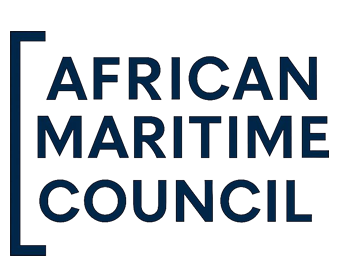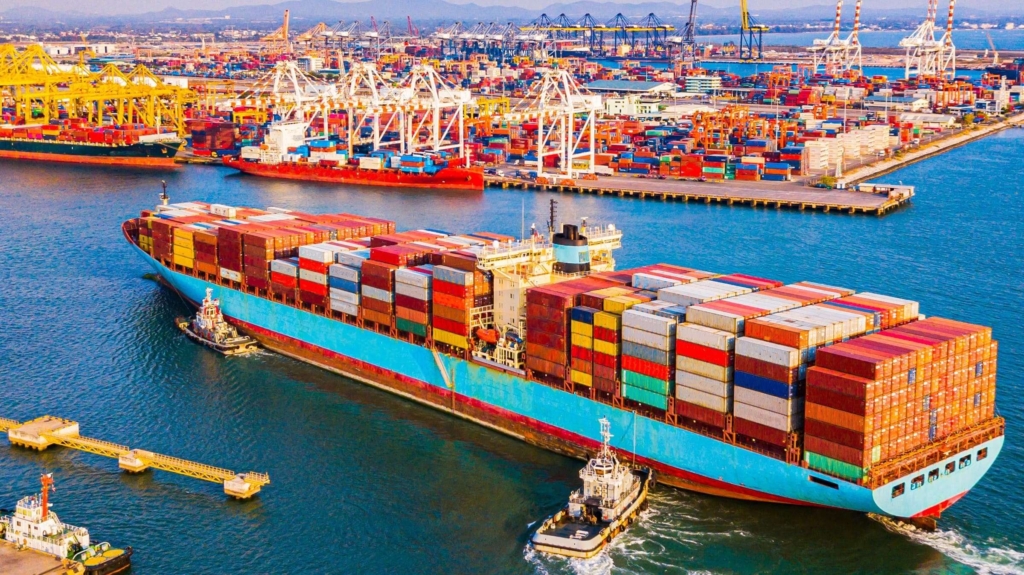Ghana risks losing port competitiveness to regional rivals unless it quickly adapts to sweeping global shipping rules coming into force by 2027.
The International Maritime Organisation is set to enforce binding emissions cuts that demand vessels reduce greenhouse gas output by up to 30% within six years. A proposed carbon levy on shipping could reshape trade economics across West Africa while generating billions in global revenue.
For Ghana, the implications stretch far beyond port operations. Cocoa, gold, oil, and manufactured goods rely heavily on Tema and Takoradi ports, meaning higher freight costs from carbon pricing could pressure export margins in already unstable global markets.
Energy policy analysts argue Ghana faces a simple choice: act now or fall behind in a rapidly shifting trade system. The country’s response will reveal its ability to balance growth with climate obligations.
The challenge grows sharper in Ghana’s energy sector. With gas-fired thermal plants supplying most of the country’s electricity, powering vessels from the grid could increase emissions rather than cut them. The long-delayed Tema LNG terminal, once a security booster, risks turning into a stranded asset as shipping transitions away from LNG.
Still, opportunities exist for proactive countries. Ghana could position itself as a green shipping hub by investing in renewable-powered port facilities and alternative fuel supply chains. Emerging marine fuels like hydrogen, ammonia, and methanol create industrial growth potential.
The 2022 National Energy Transition Framework gives Ghana a policy base, but it must align with maritime decarbonisation targets. Integrating solar and wind into port operations could deliver competitive clean power while attracting shipping lines seeking greener ports.
Ghana’s diplomacy also matters. With its strong reputation in African maritime affairs, Ghana can push for fair revenue recycling from carbon levies to ensure developing economies benefit rather than watching funds flow to wealthier nations.
Through the Association of African Maritime Administrations, Ghana can drive collective African positions in global negotiations. This leadership would not only protect continental trade interests but also strengthen Ghana’s diplomatic standing.
Import dependency adds further pressure. Carbon pricing could raise the cost of petroleum, machinery, and consumer goods, feeding inflation across Ghana’s economy.
Ship repair and retrofitting offer a silver lining. Tema Shipyard and local facilities could capture rising global demand for vessel upgrades if the government provides the right policy incentives.
Strong coordination between the Energy Commission and the Ghana Ports and Harbours Authority will be vital. They must design blended tariffs that keep shore power affordable while maintaining utility revenues, alongside building regulatory capacity to certify emissions cuts.
The transition clock is ticking. By 2025, Ghana must launch pilot projects for green bunker fuels at major ports and form joint ventures with international energy firms to build local production capacity.
Ultimately, Ghana’s success in managing this shift will determine whether it becomes West Africa’s green maritime leader or loses trade to better-prepared neighbours like Côte d’Ivoire and Togo.
source:www.newsghana.com.gh

